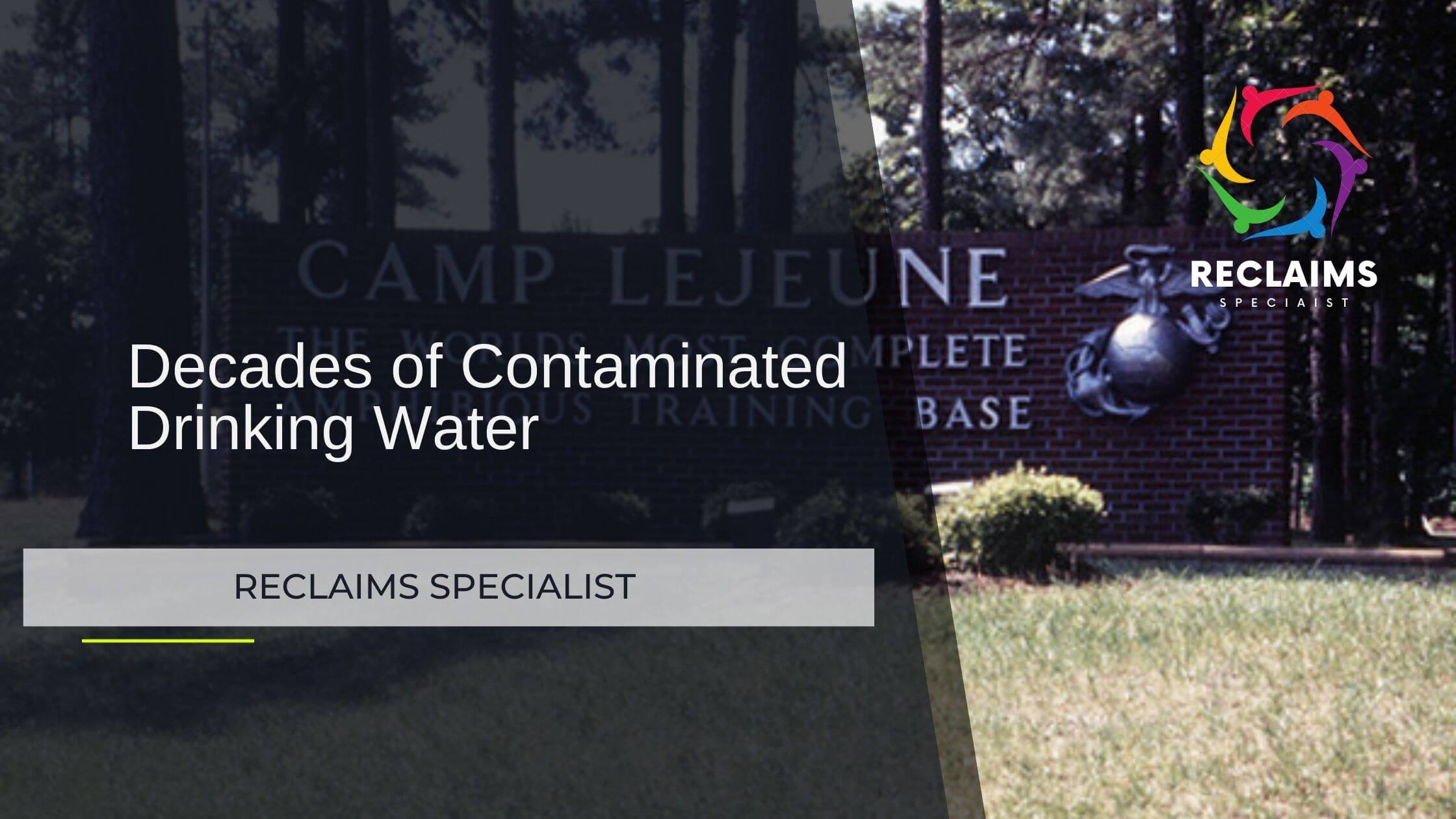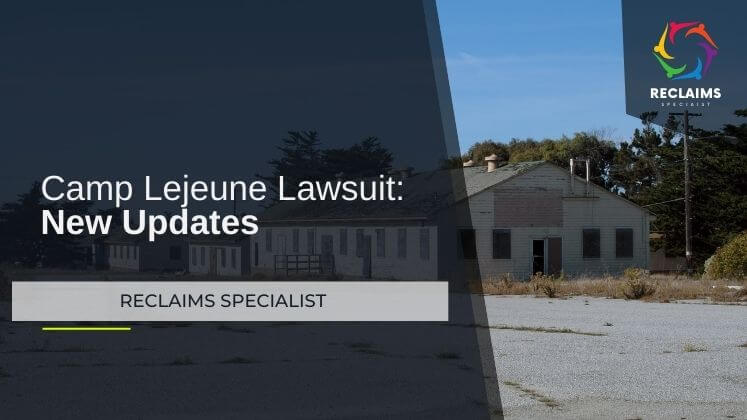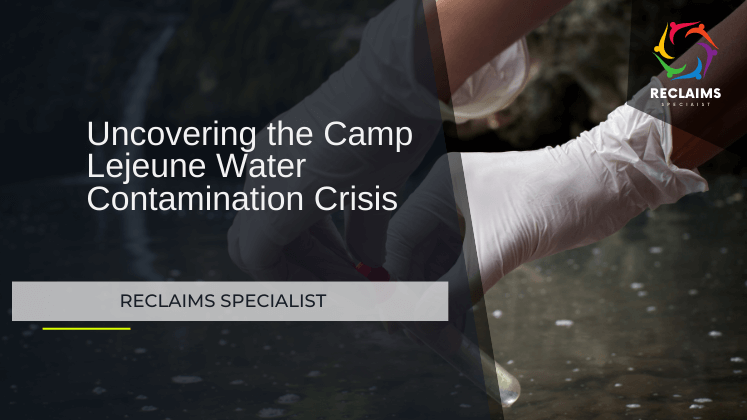For over forty years, North Carolina’s U.S. Marine Corps Base Camp Lejeune became the unwitting host to a severe public health crisis. The base’s drinking water supply, tainted with hazardous chemicals, exposed hundreds of thousands of individuals to the risk of cancer and various debilitating illnesses. From 1953 to 1987, two out of eight wells at Camp Lejeune were contaminated, leading to far-reaching consequences for military personnel, their families, and even civilians working on the base. This informative blog post delves into the impact of the water contamination, shedding light on the fifteen different illnesses and medical conditions associated with this environmental tragedy.

Basically,
Camp Lejeune, a prominent Marine Corps training facility, played an inadvertent role in endangering the lives of those who depended on its water supply. During the period between 1953 and 1987, two wells at the base were found to contain harmful chemicals known to cause cancer and other severe illnesses. Unfortunately, this contamination went undetected for several decades, resulting in extensive exposure to hazardous substances.
The impact of the contaminated drinking water extended to a wide range of individuals at Camp Lejeune. Children attending daycare or school, military families utilizing the water for drinking and bathing, patients in the hospital, and both servicemembers and civilian workers in their place of employment were all exposed to the toxic compounds present in the water supply. This broad scope of exposure contributed to the far-reaching health consequences that emerged later.
The consequences of the Camp Lejeune water contamination were dire and far from limited. Research has established a connection between the exposure to these hazardous chemicals and fifteen different illnesses and medical conditions. Among the most notable are several types of cancer, reproductive problems, birth defects, and even Parkinson’s disease. These severe health conditions highlight the gravity of the situation and underscore the urgent need for further investigation, support, and remediation.
In light of the significant health crisis, various efforts have been made to address the situation and provide support to those affected. The U.S. Department of Veterans Affairs (VA) recognizes several illnesses as presumptively service-connected for veterans who served at Camp Lejeune during the specified period. Additionally, there have been legal battles and advocacy campaigns seeking compensation for victims and accountability from the responsible parties.
The contaminated drinking water at Camp Lejeune serves as a stark reminder of the long-term consequences of environmental negligence. The prolonged exposure to harmful chemicals led to a range of severe illnesses and medical conditions affecting a substantial population. While steps have been taken to address the situation and provide support, it remains crucial to continue raising awareness, conducting research, and supporting affected individuals in their pursuit of justice and compensation. The Camp Lejeune water contamination serves as a call to action to prevent such incidents in the future and ensure the safety and well-being of communities everywhere.
If you or any of your loved-one stayed on Camp lejeune you may be subjected to a compensation, fill the form complete guidence



